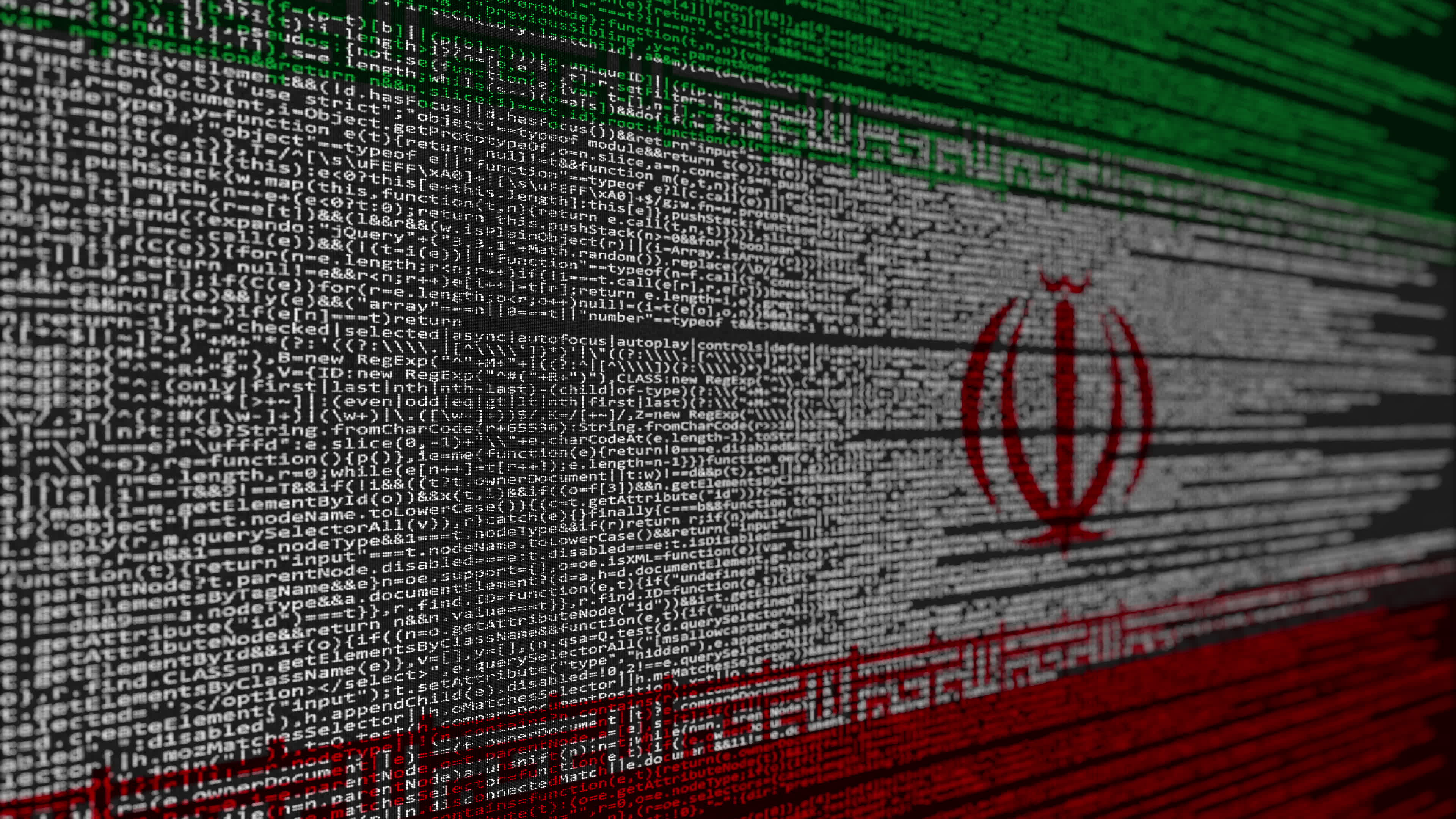US, UK agencies warn Iran-backed hackers are targeting critical sectors
The state-sponsored APT groups exploited Fortinet and Microsoft Exchange flaws to gain access to systems


US, UK, and Australian cyber authorities have warned that Iran-backed hackers are behind an ongoing ransomware campaign targeting critical infrastructure.
Iranian state-sponsored APT groups exploited four Fortinet and Microsoft Exchange flaws – CVE-2021-34473, 2020-12812, 2019-5591, and 2018-13379 – in order to carry out ransomware attacks, according to the FBI, the Cybersecurity and Infrastructure Security Agency (CISA), the UK’s National Cyber Security Centre (NCSC), and the Australian Cyber Security Centre (ACSC).
In a joint statement, the agencies said that the FBI and CISA had “observed this Iranian government-sponsored APT group exploit Fortinet vulnerabilities since at least March 2021 and a Microsoft Exchange ProxyShell vulnerability since at least October 2021”.
Meanwhile, the ACSC found that the same APT group had exploited the same Microsoft Exchange vulnerability in Australia.
The flaws were used to gain access to the systems of critical infrastructure organisations, including those in the US transportation and healthcare sectors, in order to then exfiltrate or encrypt data for extortion.
However, the FBI, CISA, ACSC, and NCSC stated that the Iranian-backed threat actors are “focused on exploiting known vulnerabilities rather than targeting specific sectors”.
RELATED RESOURCE

Multi-factor authentication deployment guide
A complete guide to selecting and deploying your MFA authentication guide
The cyber authorities have urged critical infrastructure organisations to patch and update their systems, implement network segmentation and multi-factor authentication, use strong passwords and antivirus software, and stay alert of phishing threats.
Get the ITPro daily newsletter
Sign up today and you will receive a free copy of our Future Focus 2025 report - the leading guidance on AI, cybersecurity and other IT challenges as per 700+ senior executives
The guidance follows a separate report from the Microsoft Threat Intelligence Center (MSTIC) which found that Iranian state-backed hackers stole credentials by sending “interview requests” to target individuals through emails that contained tracking links to confirm whether the user had opened the file. If a victim responded, they then sent a link to a fake Google Meeting, which led to a credential harvesting page.
Microsoft managed to identify six cyber espionage groups in Iran that were found to be behind a spate of ransomware attacks occurring roughly every six weeks since September 2020.
The tech giant’s researchers said that Iranian state-backed hackers collected credentials from over 900 Fortinet VPN servers in the US, Europe, and Israel, then shifted to scanning for unpatched on-premises Exchange Servers vulnerable to ProxyShell.
Having only graduated from City University in 2019, Sabina has already demonstrated her abilities as a keen writer and effective journalist. Currently a content writer for Drapers, Sabina spent a number of years writing for ITPro, specialising in networking and telecommunications, as well as charting the efforts of technology companies to improve their inclusion and diversity strategies, a topic close to her heart.
Sabina has also held a number of editorial roles at Harper's Bazaar, Cube Collective, and HighClouds.
-
 Cleo attack victim list grows as Hertz confirms customer data stolen
Cleo attack victim list grows as Hertz confirms customer data stolenNews Hertz has confirmed it suffered a data breach as a result of the Cleo zero-day vulnerability in late 2024, with the car rental giant warning that customer data was stolen.
By Ross Kelly
-
 Lateral moves in tech: Why leaders should support employee mobility
Lateral moves in tech: Why leaders should support employee mobilityIn-depth Encouraging staff to switch roles can have long-term benefits for skills in the tech sector
By Keri Allan
-
 Cleo attack victim list grows as Hertz confirms customer data stolen – and security experts say it won't be the last
Cleo attack victim list grows as Hertz confirms customer data stolen – and security experts say it won't be the lastNews Hertz has confirmed it suffered a data breach as a result of the Cleo zero-day vulnerability in late 2024, with the car rental giant warning that customer data was stolen.
By Ross Kelly
-
 ‘Phishing kits are a force multiplier': Cheap cyber crime kits can be bought on the dark web for less than $25 – and experts warn it’s lowering the barrier of entry for amateur hackers
‘Phishing kits are a force multiplier': Cheap cyber crime kits can be bought on the dark web for less than $25 – and experts warn it’s lowering the barrier of entry for amateur hackersNews Research from NordVPN shows phishing kits are now widely available on the dark web and via messaging apps like Telegram, and are often selling for less than $25.
By Emma Woollacott
-
 Healthcare systems are rife with exploits — and ransomware gangs have noticed
Healthcare systems are rife with exploits — and ransomware gangs have noticedNews Nearly nine-in-ten healthcare organizations have medical devices that are vulnerable to exploits, and ransomware groups are taking notice.
By Nicole Kobie
-
 Alleged LockBit developer extradited to the US
Alleged LockBit developer extradited to the USNews A Russian-Israeli man has been extradited to the US amid accusations of being a key LockBit ransomware developer.
By Emma Woollacott
-
 February was the worst month on record for ransomware attacks – and one threat group had a field day
February was the worst month on record for ransomware attacks – and one threat group had a field dayNews February 2025 was the worst month on record for the number of ransomware attacks, according to new research from Bitdefender.
By Emma Woollacott
-
 CISA issues warning over Medusa ransomware after 300 victims from critical sectors impacted
CISA issues warning over Medusa ransomware after 300 victims from critical sectors impactedNews The Medusa ransomware as a Service operation compromised twice as many organizations at the start of 2025 compared to 2024
By Solomon Klappholz
-
 Warning issued over prolific 'Ghost' ransomware group
Warning issued over prolific 'Ghost' ransomware groupNews The Ghost ransomware group is known to act fast and exploit vulnerabilities in public-facing appliances
By Solomon Klappholz
-
 The Zservers takedown is another big win for law enforcement
The Zservers takedown is another big win for law enforcementNews LockBit has been dealt another blow by law enforcement after Dutch police took 127 of its servers offline
By Solomon Klappholz